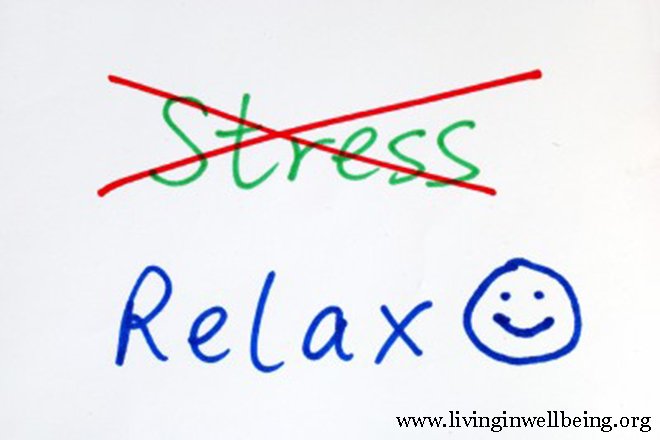
Research show stress and heart disease are two linked conditions. One is an avoidable part of daily life. The other is a potentially lethal group of heart conditions.
Physical, mental, and emotional stress can come from work, home, relationships, or even simply feeling like you aren't in control of your life.
It's not the stress itself that creates the problem; it's the way your body reacts to it. Your body reacts to stress like it senses something that can harm you--your body temperature increases, your muscles tense, and your senses are alerted. That's sort of helpful if you're being chased by a lion, but that kind of stress on a regular basis can have negative effects on your health.
It's no secret that stress increases heart disease. This is due to the fact stress can raise your cholesterol, blood pressure, and triglycerides--all things that are typical risk factors for heart disease.
But there are some things you can do to cut down your risk of heart disease by either decreasing your stress or learning to deal with it better.
Here are some things you can do to decrease stress and inversely strengthen your heart:
Get some exercise: Instead of keeping your stress in, work it out. Cardiovascular exercise is one of the best ways to fight stress and strengthen your heart. Just thirty minutes of exercise that elevates your heart rate is a great way to reduce stress and keep your heart pumping strongly.
Talk it out: There are a lot of problems that can be solved just by talking them out. Whether they're problems with your boss or your partner, talking directly with the person about the problem is better than harboring it in. If that's not possible, talk it over with a good friend. Letting it out helps a lot more than keeping it in.
Make some changes: There's no sense in getting stressed out over something you can change. The easiest way to do that is start with a list of stressors in your life. Look them over and see if you see a pattern. If the list reads "not enough money," "work hours," and "my boss," maybe it's time to get a new job. Even starting to work on the problems can help reduce stress because it will make you feel less powerless.
Get treatment: Overwhelming stress and anxiety can lead to depression and other mental health issues. If stress becomes too much, do not hesitate to seek out help from a professional. It's good for your health.
So, if you're asking yourself this question: "Can you stress out your heart?", the simple answer is, "yes." That's why it's important to keep tabs on your stress.












